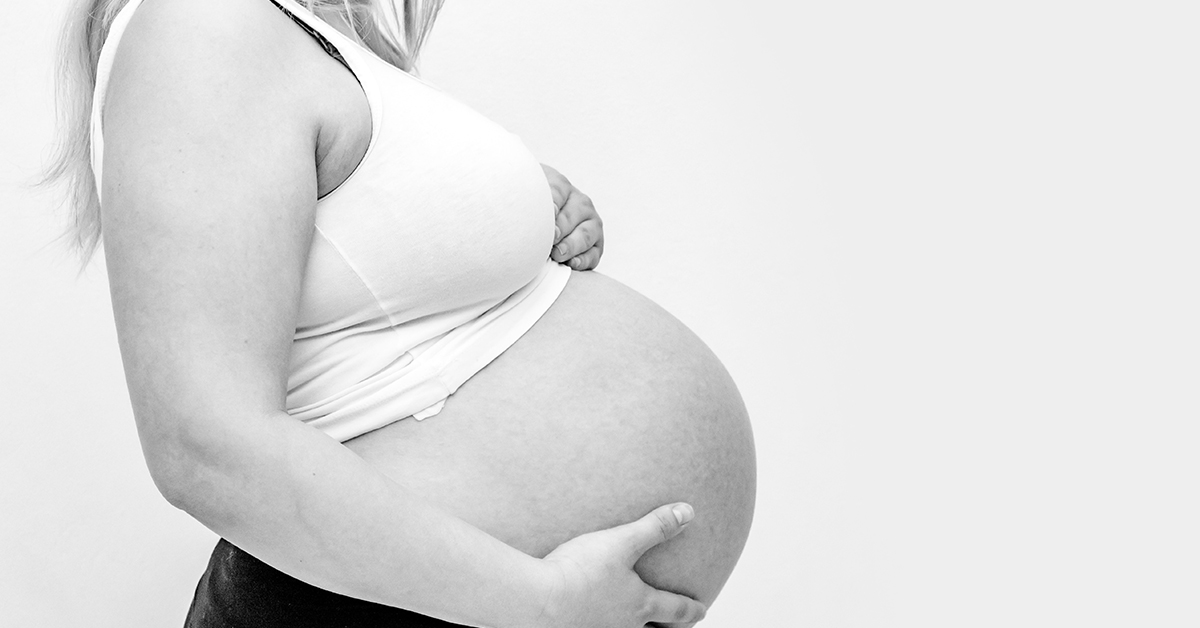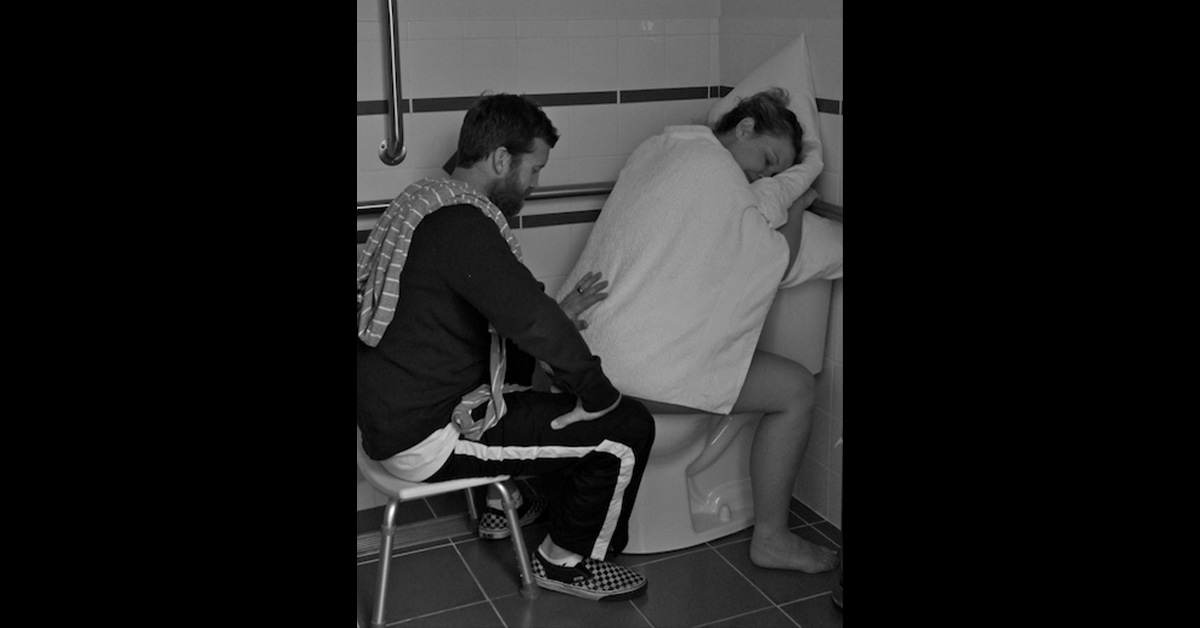
A Peaceful Approach to Labour
Labour
The labouring woman kneeling next to me, supported by a birth ball, was sleeping or so it seemed. Her contractions were coming often. In between the frequent surges, she had about two to three minutes to rest. She would rock back and forth on her knees during a contraction, and then when it was finished, she would roll herself forward over the ball, arms hanging, head resting on a pillow, and she would drift off to sleep. Wanting to respect her need to rest, and the quiet space she had created for herself, her birth attendants sat quietly, close at hand should she need support.
Every half hour or so, a well-meaning nurse would come into the birthing suite, and loudly ask “how are we doing?” She would chat about her own births, her children and her plans for a winter vacation. I think this was her attempt to be warm and friendly. Unfortunately, her loud and grating voice disturbed the labouring woman, even when the comments were not directed toward her.
I watched as she would startle awake at the sound of the nurse’s voice, looking confused and slightly panicked. She was being jolted out of her quiet, hypnotic state of rest and once awake, the rhythm that she had found was disturbed. She would tense up and look around, trying to decipher the chatter around her, no longer able to allow the contraction to slowly build but instead she seemed caught off guard, holding her breath as the contraction peaked, and calling out “no, no, no”.
Despite her partner’s having a word with the nurse about not speaking during contractions, the disruptions continued and it became clear to me how very important it is to use soothing words, and a voice as quiet as a whisper, when a woman is labouring. The woman, of course, can be as loud as she needs to be – moaning through contractions, expressing her fears and concerns in between contractions, but those around her must remain calm and quiet. There should be no loud side conversations that are distracting, no cell phone conversations, no laughter or chatter, unless the mother requests this type of atmosphere. However, in my experience, women seldom do.
Labour and birth require a woman to use the most primal part of her brain. Not her thinking, analytical brain but instead she must find that place deep within, where she intuitively connects with her birthing self. Once she finds that place, it is almost impossible for her to move back and forth between the primal and thinking brain while still staying relaxed and connected to her altered state. When we disturb her, we force her to shift into the present, to use her brain differently as she tries to decipher what is going on around her.
So how can we help? Keep the birthing environment quiet and peaceful. Remove stimulus that disturbs the mother. Use a soothing, calm voice when speaking to her. Comfort and encourage her with gentle words. Cocoon her with love. Dim the lights. Keep your energy, and the energy in the room, tranquil. Slow your movements. Respect her inner focus and do not interrupt her during times of rest. Be sure your touch is tender. Do not speak abruptly or loudly.
Supporting a birthing woman requires self-discipline. We must put our own needs aside and become the calm, comforting presence she requires. We are partnering with her as she moves through her labour dance but we must remember that she leads. When she rests, we still and quiet ourselves. When she reaches out, we lovingly reach back.
We might do best to remember this when supporting a woman in labour:
“Don’t push the river, it flows by itself” (Barry Stevens)



